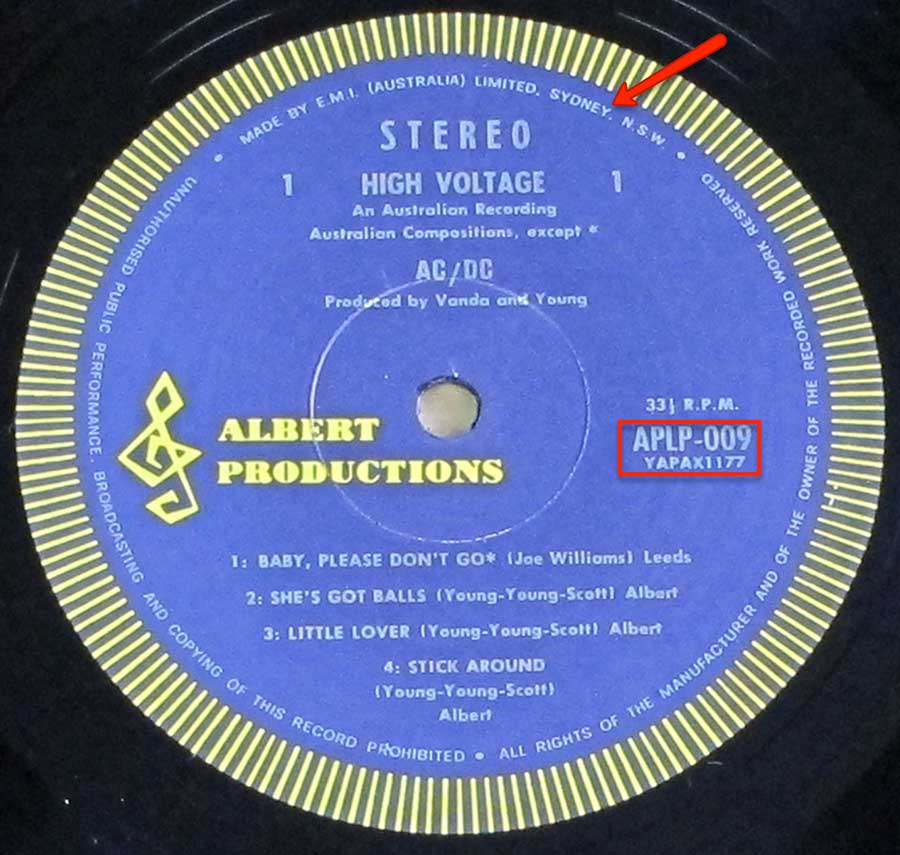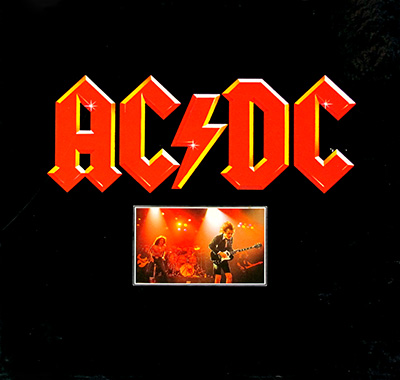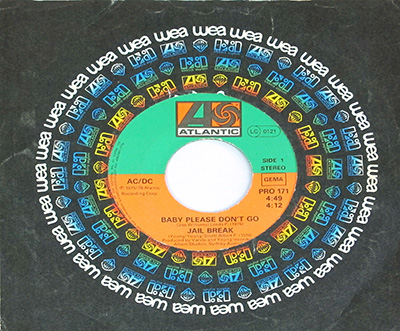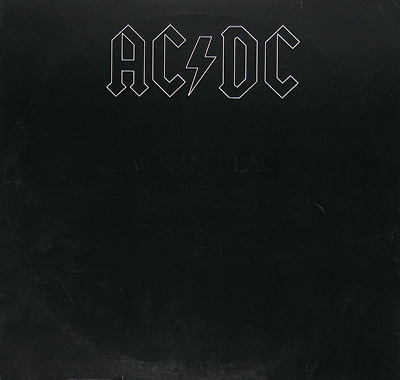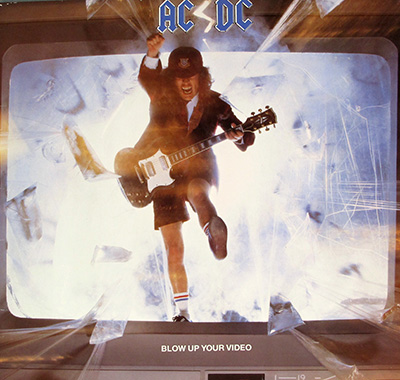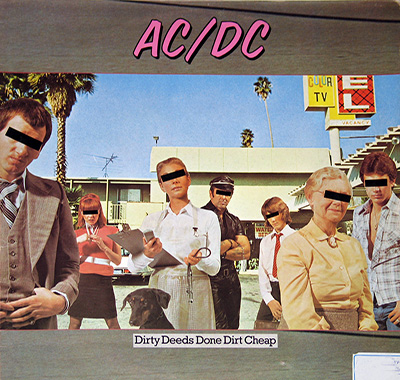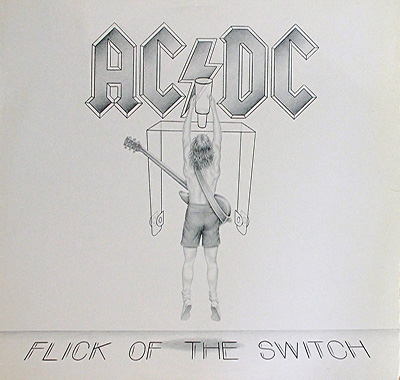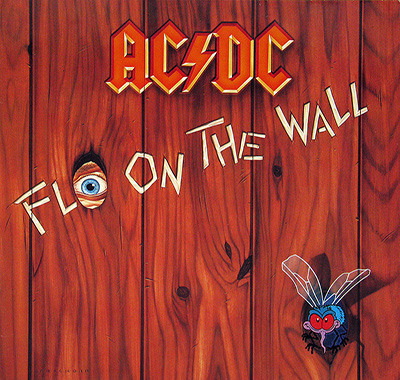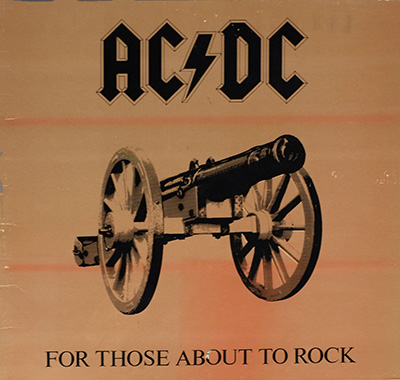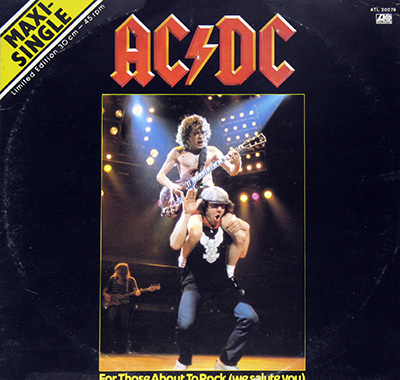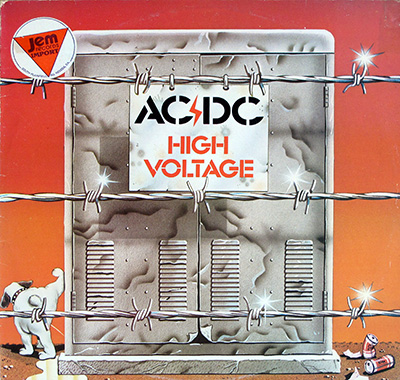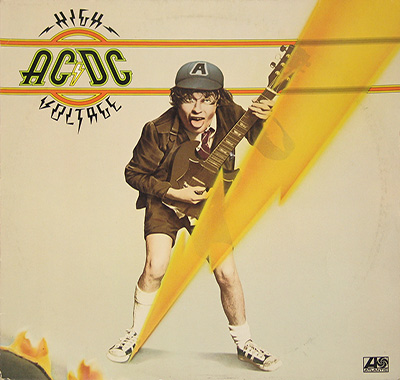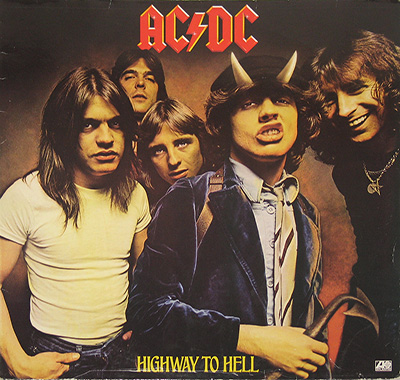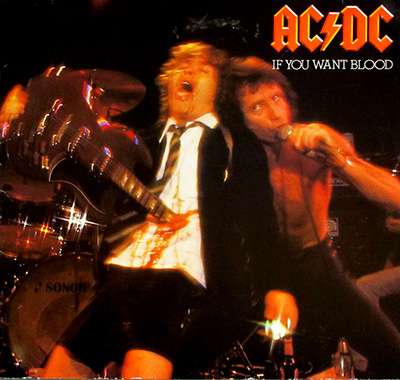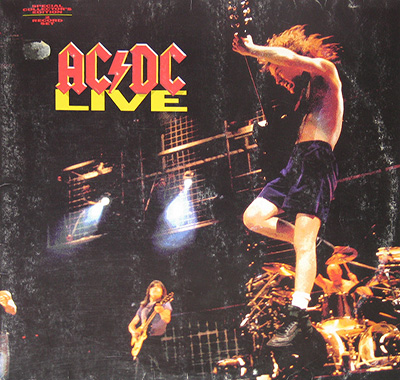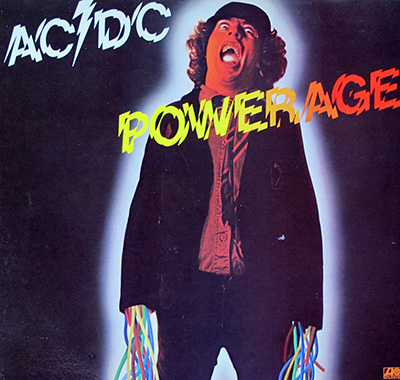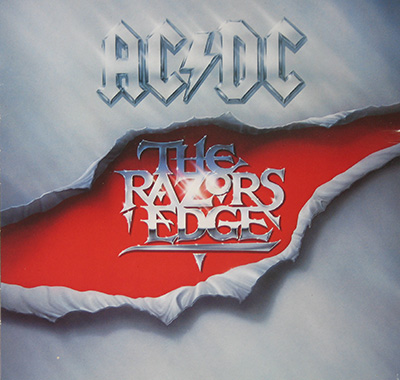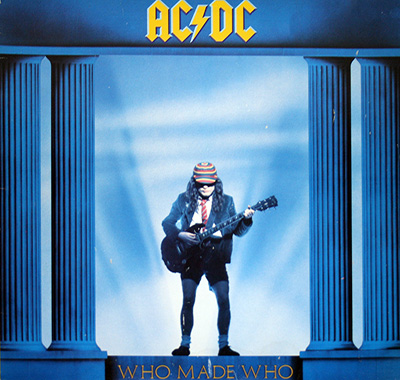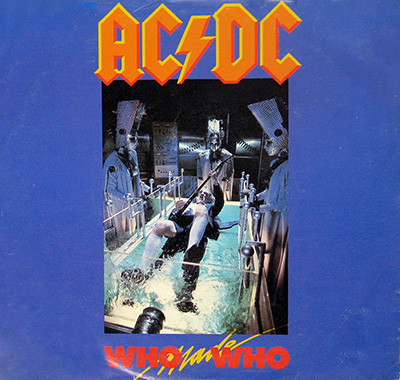AC/DC – High Voltage (Genuine Australian Release) 12" Vinyl LP Album
- The explosive 1975 debut that electrified Australia’s rock scene
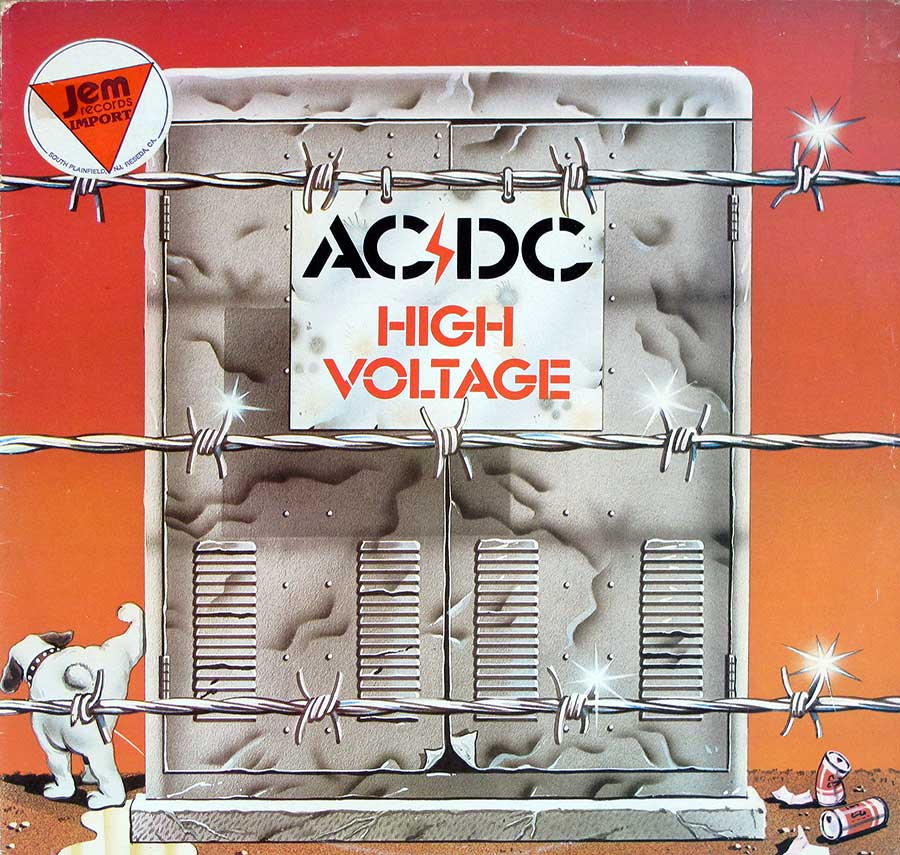
Back in 1975, before the stadium pyros and Angus’s eternal schoolboy sprint, AC/DC dropped their first jolt of electricity with “High Voltage” — the raw, unfiltered debut that lit up Australia’s rock scene. Recorded at Albert Studios in Sydney with producers Harry Vanda and George Young, it’s all swagger, sweat, and blues-soaked riffs. Tracks like “Baby Please Don’t Go” and “She’s Got Balls” blast out with barroom grit and basement charm. No polish, no filler — just hard rock born from cheap amps, hot nights, and a band too loud to ignore. The spark that made AC/DC a legend started right here.
Table of Contents
- Album Description
- Album Key Details: Genre, Label, Format & Release Info
- Production & Recording Information
- Band Members / Musicians
- Complete Track-listing
- Video: AC/DC — Baby, Please Don’t Go: Myer Music Bowl (1976)
- Video: AC/DC — Soul Stripper (Live 1976, 2020 Remaster)
- Chart Performance
- Collector’s Notes
- Album Photo Gallery
- Collector’s Visual Notes

